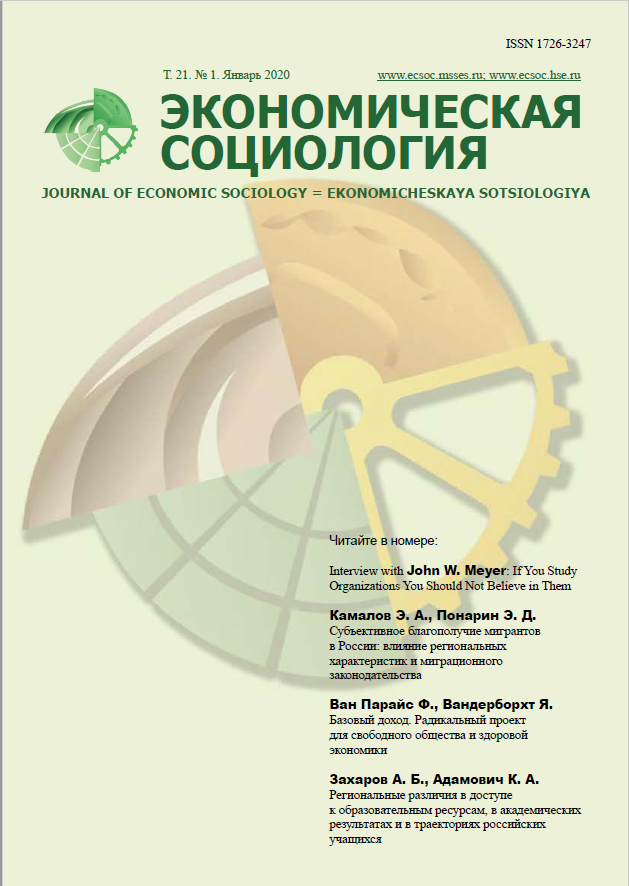Basic Income: A Radical Proposal for a Free Society and a Sane Economy (excerpts)
Abstract
The idea of providing people with income independently of the job they perform or seek seems mad. However, providing each individual (rich and poor, economically active and inactive) with an unconditional basic income was supported by such famous thinkers as Thomas Paine, John Stuart Mill, and John Kenneth Galbraith. For a long time this idea has not been taken seriously. At present, as the traditional welfare state has been straining under an increasing pressure, the basic income has become the most popular social policy project to discuss worldwide. Philippe Van Parijs and Yannick Vanderborght argue that the basic income can overcome the economic insecurity and social exclusion of the 21st century. The authors combine some evidence from philosophy, politics and economics in order to compare the proposal of a basic income with other projects to alleviate poverty and unemployment, trace its history, and find answers to economic and political arguments against unconditional income, including the argument about a tendency to decreased stimulus and free-rider models of behavior that might result from the basic income; to explain how this seemingly impossible idea can be achieved economically and politically; and to consider its applicability to the extending global economy. In the age of increasing inequality and political fragmentation, when the old answers to deeply embedded social issues are not credible, the basic income offers the hope of achieving a free society and a sane economy. The Journal of Economic Sociology publishes some excerpts from the first chapter “The Instrument of Freedom” in which the authors provide the main considerations in favor of an unconditional basic income, demonstrating how it solves the problems of poverty and unemployment as well as how, as one of the most important elements of a sustainable emancipatory institutional infrastructure, it can become a tool of freedom.













